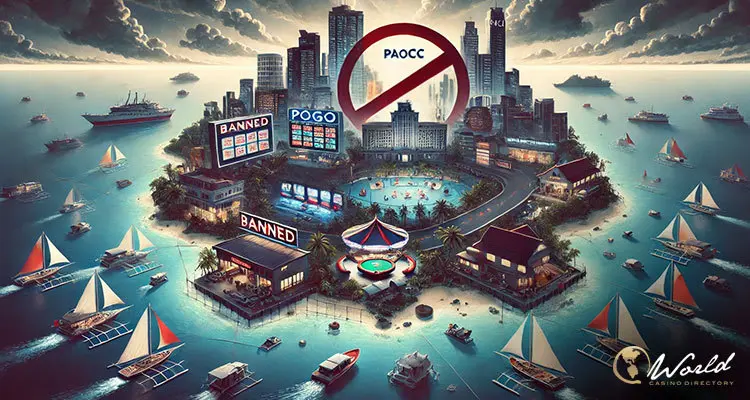Although President Ferdinand “Bongbong” Marcos Jr. has issued a clear mandate to eliminate all Philippine Offshore Gaming Operator (POGO) activities, illegal operations continue to thrive. Many operators have adapted by relocating their operations and rebranding as legitimate businesses, particularly in the Visayas and Mindanao regions. This was highlighted during the Senate panel’s final investigation into the POGO issue, chaired by Senator Risa Hontiveros.
Evasion Through Strategic Rebranding:
During the inquiry, Presidential Anti-Organized Crime Commission (PAOCC) Director Winnie Quidato shared insights into the methods these banned operators use to evade enforcement. Instead of shutting down completely, many have restructured and now operate under the facade of business process outsourcing (BPO) companies. This sophisticated form of concealment poses significant challenges for authorities trying to enforce the ban. Senator Hontiveros expressed alarm over the scope and complexity of these activities, noting their presence in areas like Parañaque. “It seems these groups are breaking into smaller units, likely as a strategy to avoid detection,” she remarked during the hearing.
Quidato expanded on this, revealing that the deceptive practices are widespread across the archipelago. “While initially observed in Luzon, these activities are now rampant in both the Visayas and Mindanao. There’s also been a noticeable uptick in flights from Luzon to these regions, carrying individuals formerly associated with POGOs, who now seek to reinvent themselves by merely changing their company names at the Securities and Exchange Commission,” he explained, according to Inquirer.
The ongoing challenge has underscored the need for a collaborative and stringent approach to enforce the law effectively. Quidato highlighted the critical need for an imminent assembly focused on the rigorous implementation of Executive Order 74. “This forthcoming meeting with various governmental agencies will be pivotal. We aim to establish and refine strategies that will decisively combat these illegal operations,” he stated.
In his State of the Nation Address in July, President Marcos firmly ordered a complete cessation of POGO operations by year-end. Nonetheless, the PAOCC warns that despite these directives, illegal activities continue as operators innovate to evade detection by rebranding and relocating.
Broader implications of illegal gaming’s spread:
The persistence of illegal POGOs is a facet of a more extensive criminal network, which encompasses not only gambling but also other serious offenses such as human trafficking, cyber fraud, and corruption. The International Federation of Horseracing Authorities (IFHA) published a study, reported by AGB, suggesting that the POGO ban might have inadvertently facilitated the dissemination of the Philippines’ illegal betting model to other regions.
James Porteous, the Head of Research for the IFHA Council on Anti-Illegal Betting and Related Crime, expressed concerns over the long-term consequences of these operations. “Organized crime syndicates are strategically relocating and establishing their presence in new territories, often under the facade of legitimate businesses, which enables them to corrupt local regulators and officials,” he warned. The study highlighted that disruptions similar to those observed in 2016 have previously led to the rise of illegal betting operations in countries like Laos, Cambodia, and Myanmar—regions now notorious for their cyber-scam activities and minimal regulatory oversight.



